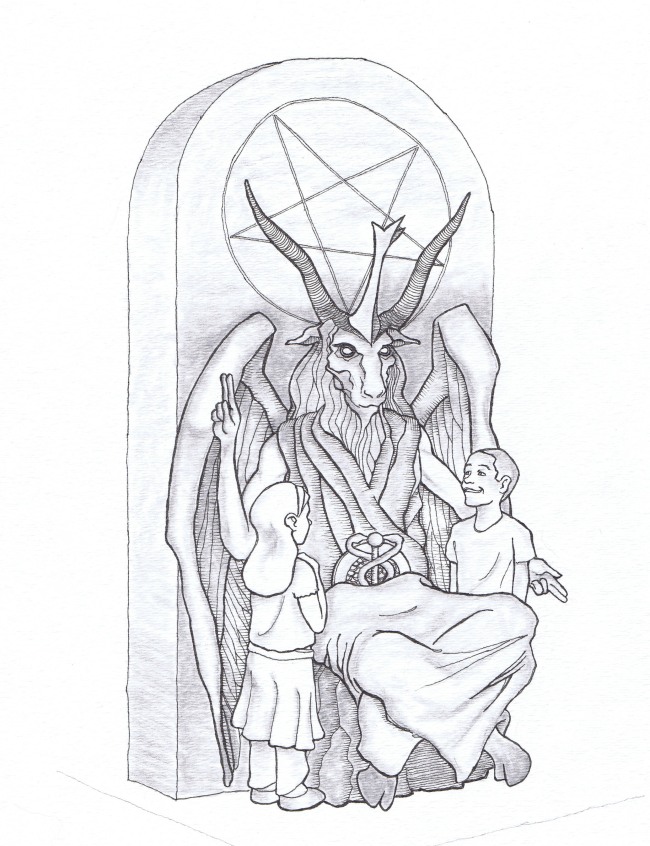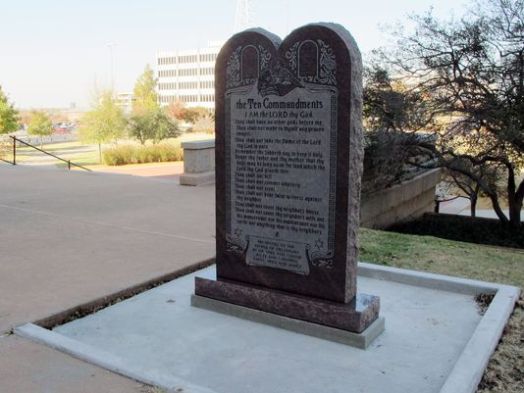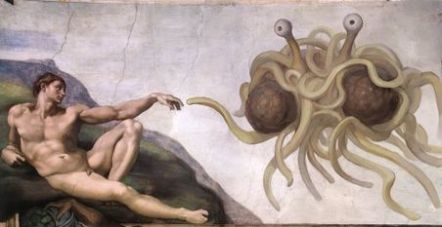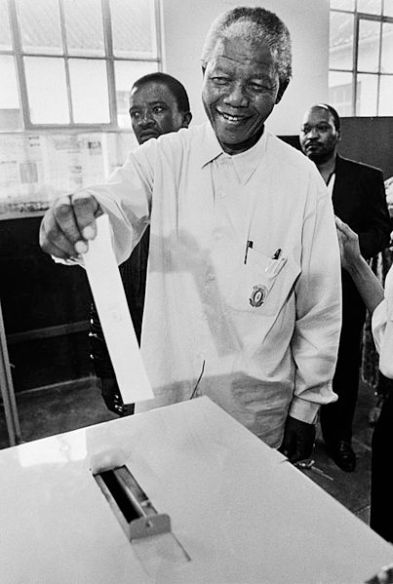As 2013 began to draw to a close, the New York-based Satanic Temple had one New Year's resolution: to erect a statue of Satan in front of the Oklahoma state capitol building. The statue depicts Satan as Baphomet, the goat-headed, winged pagan idol sitting on a throne inscribed with an inverted pentagram.

The group argued that the new statue would "complement and contrast" the already existing statue depicting the Christian Ten Commandments, which was donated by Republican Representative Mike Ritze in 2012.
"[T]he Ten Commandments are an important component of the foundation of the laws and legal system of the United States of America and of the state of Oklahoma," stated the legislature approving the statue.
The Satanist temple has raised more than the $20,000 needed to build the statue. The "impact" that Lucien Greaves (spokesman for the temple) hopes to accomplish is to "send a clear and distinct message to the world that pluralism is alive and well in the United States."
The statue is facing heavy opposition from the state that is known as the "buckle" of what is often called the Bible Belt. Rep. Bob Cleveland defended his opposition by stating "Any monument displayed on state property should reflect the values of Oklahoma or memorialize those who built or defended our freedom. In my opinion, this Satanist monument does not meet with the values of Oklahomans."
This isn't the first time the statue of the Ten Commandments has been protested. In August of last year, the American Civil Liberties Union (ACLU) filed suit on behalf of several Oklahomans, including a Baptist minister. The suit argues that the constitution prohibits the use of state property to support a specific religious group or sect.
American Atheists, a New Jersey-based atheist organization, also filed suit to have the 2,000 pound statue removed from capitol building grounds. The suit argues that the monument violates the first amendment's establishment clause and the fourteenth amendment's due process and equal protection clause.
Since the request from the Temple of Satan was made public, the state has been flooded by requests from other religious groups, such as Hindus and Pastafarians, members of the satire church of the Flying Spaghetti Monster.
While it is unlikely that the Oklahoma state capitol will become somewhat of a museum of religious statues, one can only hope.
Speaking of Pastafarians...
Christopher Schaeffer became the first open Pastafarian sworn into office when he became the newest addition to the Pomfret Town Council. He took oath while wearing a colander on his head to symbolize his religion.






